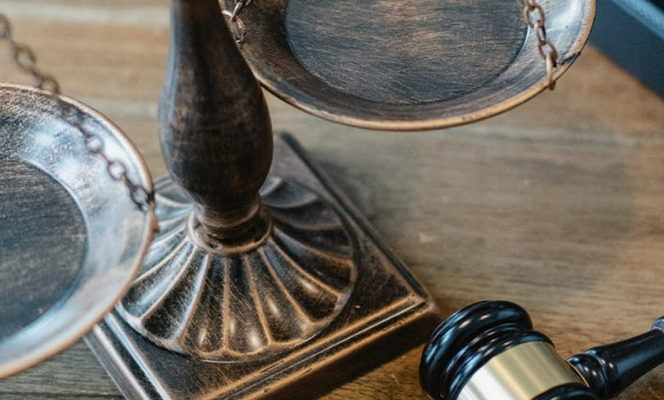So, what happens if the Trump verdict in New York is overturned or if the fine is reduced to a more reasonable value? (Which — given that normal procedures were followed, and no one was harmed — would be around $10 at most.)
Is Letitia James going to use the power of the state to reverse the sales of all those buildings and business holdings that she seized or forced him to sell to pay his bond? Or can she just get away with saying, ‘Oops, my bad‘?
This is what it looks like for the process to become the punishment in itself: The government, with virtually unlimited resources, can make bankruptcy the cost of defending yourself against charges that don’t have to have any basis in fact or law.
The point of an appeals process is that judges often don’t get it right. Decisions are overturned on appeal all the time. But more tellingly, we see split decisions, where a panel of judges looks at the same facts and law and comes to opposite conclusions.
This happens in about 2/3 of SCOTUS rulings. So right now, the odds are 2-1 that at least some Supreme Court justices would regard half a billion dollars as an ‘excessive fine’ for a conviction where there was no actual crime. There’s a better-than-even chance that a majority would agree.
But even if Trump wins, he still loses if he has to liquidate a business empire to post a bond against a fine that should never have been handed down as the result of a conviction that should never have happened, which is itself the result of charges that should never have been filed.
The only winners are the ones who understand that these kinds of games are won simply by prolonging them. They are wars of attrition.
And it’s not just individuals that can be punished. It’s entire countries.
Isn’t this what’s going on at the border? It may be years before the courts get around to declaring that states can enforce their own borders with foreign countries if the federal government declines to do that. Will the federal politicians and bureaucrats who have allowed millions of people to cross the border in the meantime be able to get away with just saying, ‘Oops, our bad’?
Isn’t this what happens in asset forfeiture cases? Isn’t this what happens when the government decides to ‘search’ an innocent person’s car by tearing it apart because he’s got the wrong sticker on the bumper or seize all the records and electronic devices from a journalist who has been publishing the wrong kinds of things? Isn’t this what happens when a candidate is removed from a ballot because of an allegation for which he’s never been formally charged, let alone convicted?
This has become so common that it’s got a name: lawfare. It’s using the legal process itself as a form of punishment.
‘Sentence first–verdict afterwards!’ said the Red Queen in Lewis Carroll’s Alice in Wonderland. As they’ve been saying lately about George Orwell’s 1984, it was supposed to be fiction, not an instruction manual.
